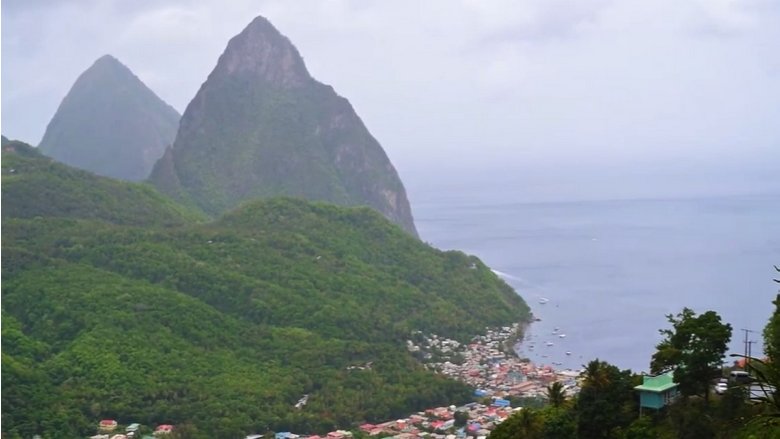Beneficiary Story/Quote
“This Blue Economy Roundtable is a great initiative that plays a pivotal role in providing Caribbean member states with guidelines on the introduction and improvement of Blue Economy Ecosystem Services. I have captured knowledge which is assisting me to effectively implement my current project goals.” – Clyelle Flavius, Evaluations and Monitoring Officer, Department of Sustainable Development St. Lucia, Government of St. Lucia
Challenge
Economic growth in the Eastern Caribbean has long been volatile due to the concentration of activity in a few sectors and vulnerability to natural disasters and other external shocks. In addition, the region’s natural assets faced grave human-induced pressures, including burgeoning coastal development and over-exploitation of marine resources, due to weak planning and unsustainable practices. The region’s natural assets offered unprecedented economic opportunities to address poverty and unemployment. Well-managed natural capital was fundamental to enabling sustainable economic growth and poverty reduction in the OECS region.
Approach
The Caribbean has long been at the forefront of raising awareness about investment opportunities in the Blue Economy (defined by the World Bank as sustainable and integrated development of oceanic sectors in healthy oceans). To foster a vibrant Blue Economy across the region, OECS countries recognized the need to establish a clear Ocean Governance Framework, improve and expand marine data aggregation and analytical tools, and increase knowledge and awareness about ocean-related matters through enriched educational content. The World Bank, through CROP, enabled OECS member states to significantly advance in these areas through the development of national policies to govern sustainable use of ocean resources, establish data aggregation tools to support marine spatial planning, and promote increased awareness among decision makers about the importance of sustainable ocean resources management. Through knowledge products and workshops, project beneficiaries developed their capacity to adopt good ocean governance practices and take more informed decisions over sustainable management of ocean spaces at both national and regional levels.
